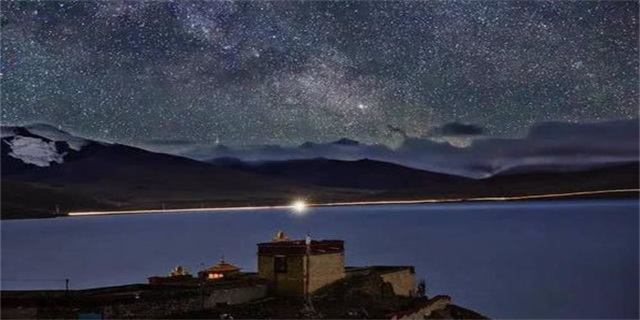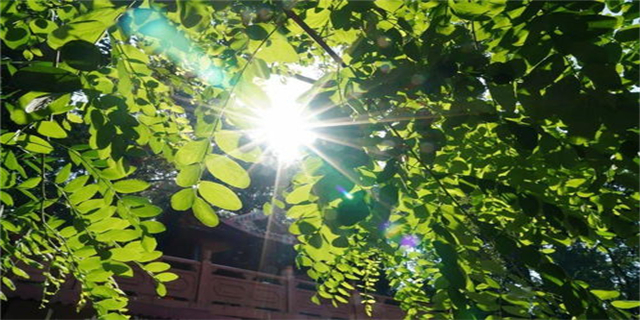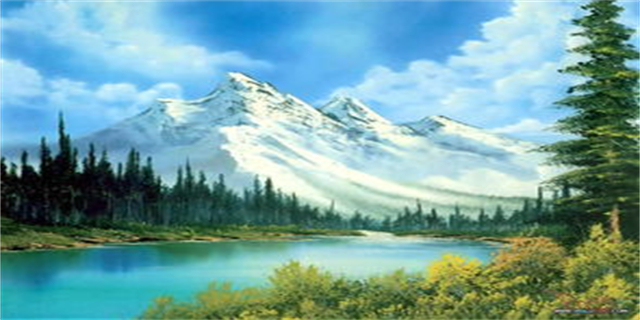inthebeginning(In the Beginning)

In the Beginning
The Creation of the Universe
The concept of \"in the beginning\" is one that has fascinated humanity for centuries. It is a phrase that inherently embodies curiosity and the desire to understand the origins of existence. The story of how the universe came to be is one that has been explored by various cultures and belief systems throughout history, each offering their own unique interpretation. In this article, we will delve into the idea of creation and explore different perspectives on this fundamental question.
The Scientific Perspective

In the scientific community, the prevailing theory regarding the creation of the universe is the Big Bang theory. According to this theory, the universe as we know it began with an enormous explosion approximately 13.8 billion years ago. Prior to the explosion, all matter and energy were confined to an infinitesimally small and dense state known as the singularity. This explosion marked the beginning of space and time, and the subsequent expansion resulted in the formation of galaxies, stars, and other celestial bodies.
While the Big Bang theory provides a scientific explanation for the creation of the universe, it does not answer the fundamental question of what triggered the explosion in the first place. It is an ongoing area of research and exploration for physicists and cosmologists, who continue to seek a complete understanding of the origins of our universe.
The Religious Interpretation

Religious texts and teachings offer a different perspective on the concept of creation. In many religious traditions, there is a belief in the existence of a divine being or beings who initiated the creation of the universe. These creation stories often involve a deity who spoke or willed the universe into existence.

For example, the first book of the Bible, Genesis, describes the creation of the world in six days, with God creating light, the sky, land, plants, animals, and finally, humans. This story provides a foundation for the belief in a purposeful and intentional creation, where everything has its place and serves a specific function.
Similarly, other religious traditions have their own creation myths and narratives that offer unique and complex explanations for the origins of the universe. These stories often provide moral and spiritual teachings, as well as a sense of belonging and identity for believers.
A Multidimensional Perspective
As our understanding of the universe and consciousness expands, some theories propose a more multidimensional perspective on the creation of the universe. These theories suggest that the universe is not solely a physical phenomenon, but rather a complex interplay of energy and consciousness.
One such theory is the concept of a multiverse, which suggests that our universe is just one of many parallel universes that exist simultaneously. Each of these universes may have its own set of physical laws and conditions, and some theories even propose the idea of an infinite number of universes coexisting within a greater multiverse.
In addition to the concept of a multiverse, some theories explore the idea that consciousness itself plays a fundamental role in the creation and organization of the universe. These theories view consciousness as a primordial force that existed before the physical universe and continue to shape and influence its evolution.
Continuing the Quest
While the question of how the universe came to be may never have a definitive answer, the exploration of different perspectives and theories allows us to deepen our understanding and appreciation for the vastness and complexity of existence.
Whether it is through scientific inquiry, religious teachings, or multidimensional perspectives, the quest for knowledge and understanding of the origins of the universe is an inherently human pursuit. It is a reflection of our curiosity, our capacity for wonder, and our desire to make sense of our place in the grand tapestry of creation. As we continue to explore and probe the mysteries of the universe, we not only gain insights into our own existence, but also cultivate a deeper appreciation for the beauty and interconnectedness of all things.











